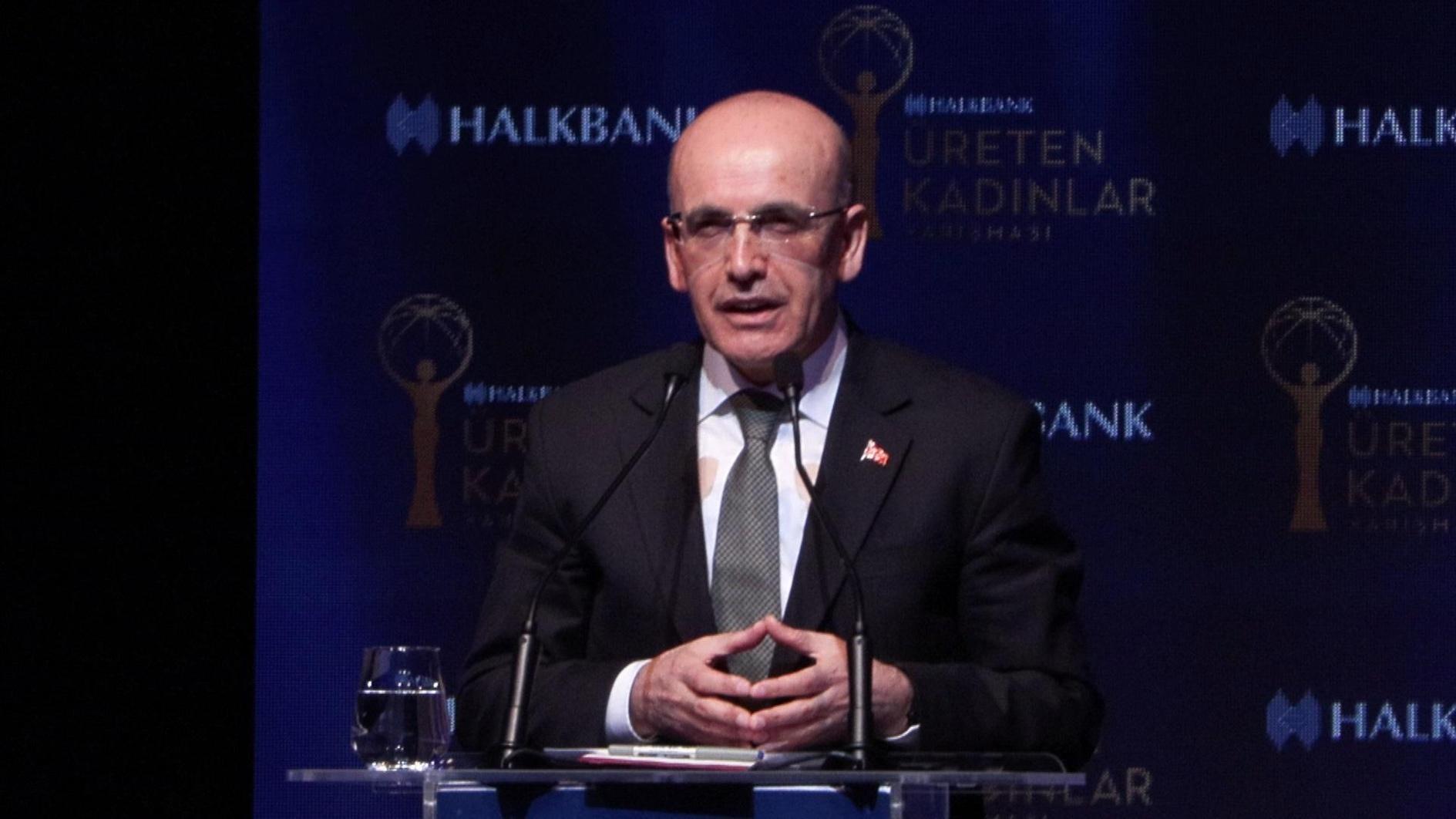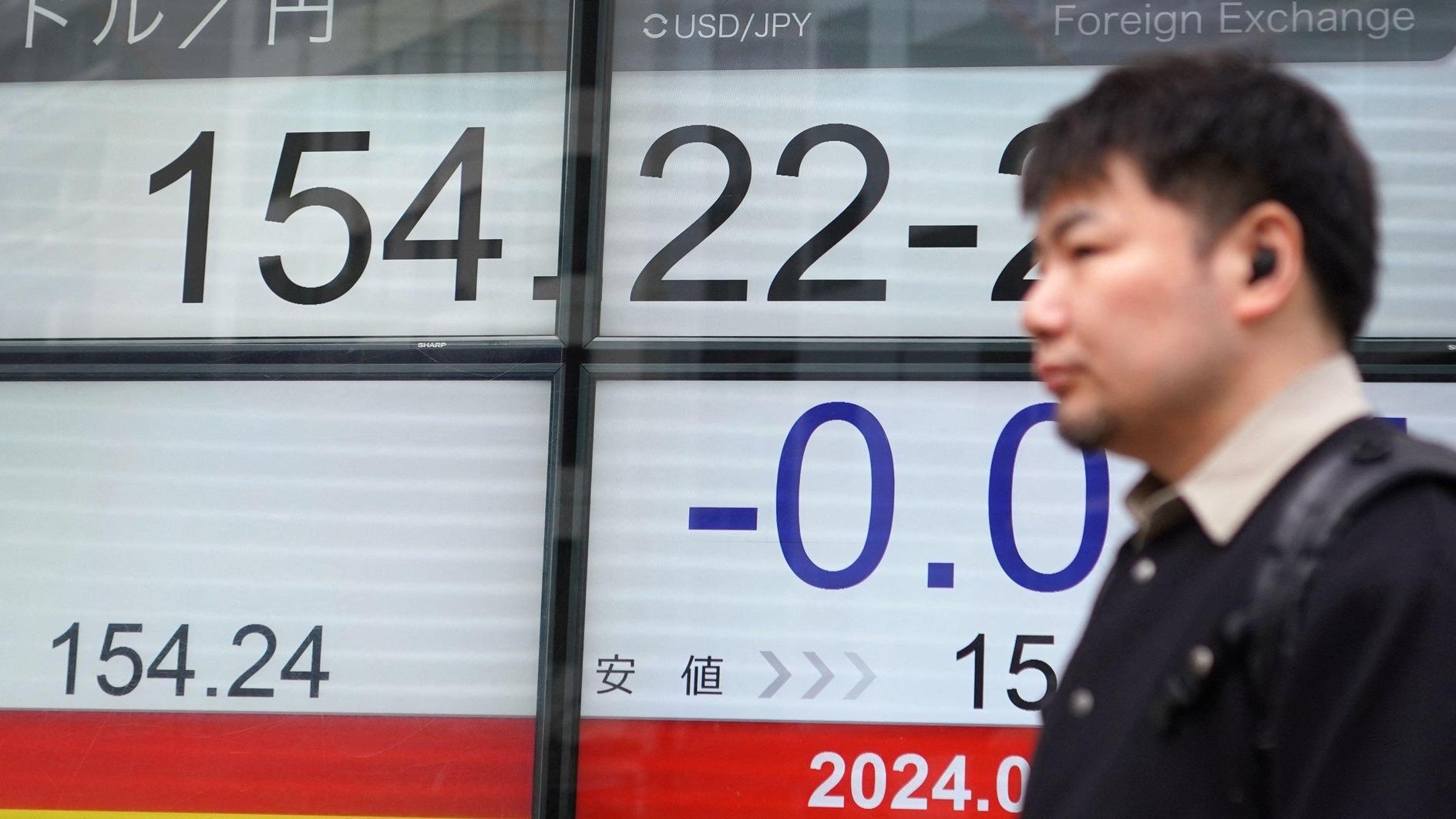Rhetoric changes, pipelines remain
The deal for a second pipeline to carry Russian natural gas to Turkey under the Black Sea was signed on Oct. 10 in Istanbul.
This is going to be the third pipeline between the two countries. The second pipeline, called the Blue Stream, was signed in 1997 and became operative in 2003. The first was signed in 1984, when Russia was still the Soviet Union, as a land route passing through Romania and Bulgaria. Problems were encountered after the disintegration of the Soviet Union and amid tensions between Russia and Ukraine. The Blue Stream pipeline was a result of Turkey’s increasing energy demand. The pipeline under the Black Sea, constructed with the technology of Italian company Eni, bypassed any other country’s territory. Italian Prime Minister Silvio Berlusconi, Russian President Vladimir Putin and (then) Turkish Prime Minister Tayyip Erdoğan were good friends back in those days.
Erdoğan and Putin remain the presidents of their country, though Berlusconi is no longer in power, (indeed, the Italians continue to apply an embargo on Russia over its interference in Ukraine and annexation of Crimea).
In Istanbul on Oct. 10, Erdoğan and Putin witnessed their two energy ministers, Alexander Novak and Berat Albayrak, inking the deal for the new Turkish Stream pipeline. Erdoğan places considerable importance on energy deals and there are a number of other nuclear deals on the way, following the agreement for Russia to build one in Akkuyu on Turkey’s Mediterranean coast.
There was another president witnessing the deal and actually being a part of it: Ilham Aliyev of Azerbaijan.
Aliyev is involved because the infrastructure of the Trans Anatolia Pipeline (TANAP) - which carries Azeri gas to Turkey and then onto Greece through an interlocutor mechanism for European markets - is likely to be part of the Turkish Stream project.
It is hard to believe that this deal has come right after a major diplomatic crisis between Turkey and Russia, which started with the downing of a Russian Jet by Turkish jets over violations of the Syrian border in November 2015. But even at the peak of the tension between Ankara and Moscow, Gazprom never stopped pumping for the Turkish company Botaş, despite severe words uttered by Putin and Erdoğan against each other.
This proved the words of former Turkish President Turgut Özal, who as prime minister signed the first gas deal with Moscow in 1984. Özal said at the time that economic interdependency was the best way to prevent crises.
Gas deals did not manage to prevent the recent crisis after the jet downing, but they did help to overcome the crisis.
One day perhaps someone will remember the pipeline built in 1969 between Israel’s Mediterranean port of Ashkelon and the Red Sea port of Eylat. That pipeline was built by two equal shareholders: Israel and - guess who - Iran.
It is not in use today, but tomorrow? We’ll see. Rhethoric changes, even regimes change, but pipelines remain.











